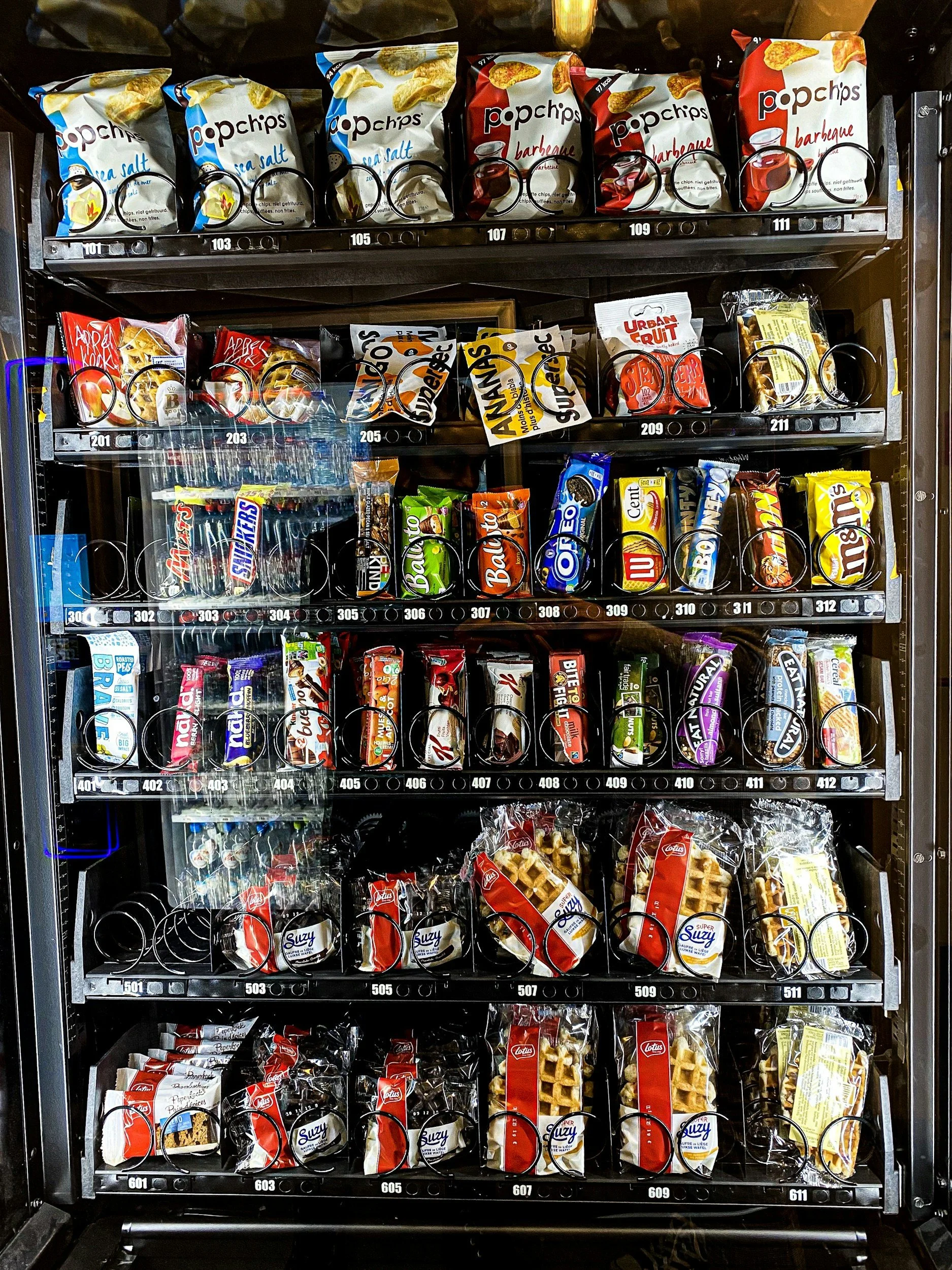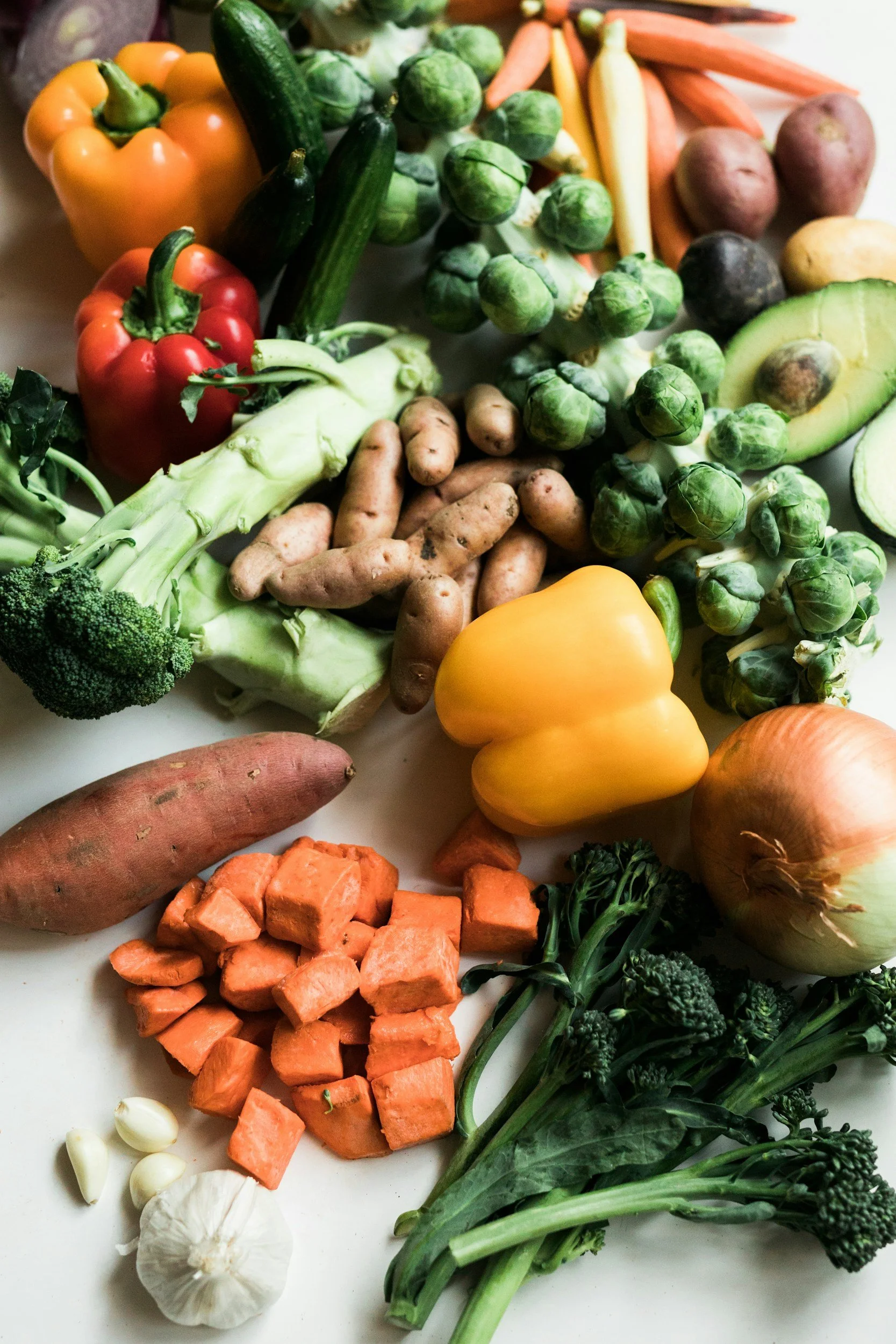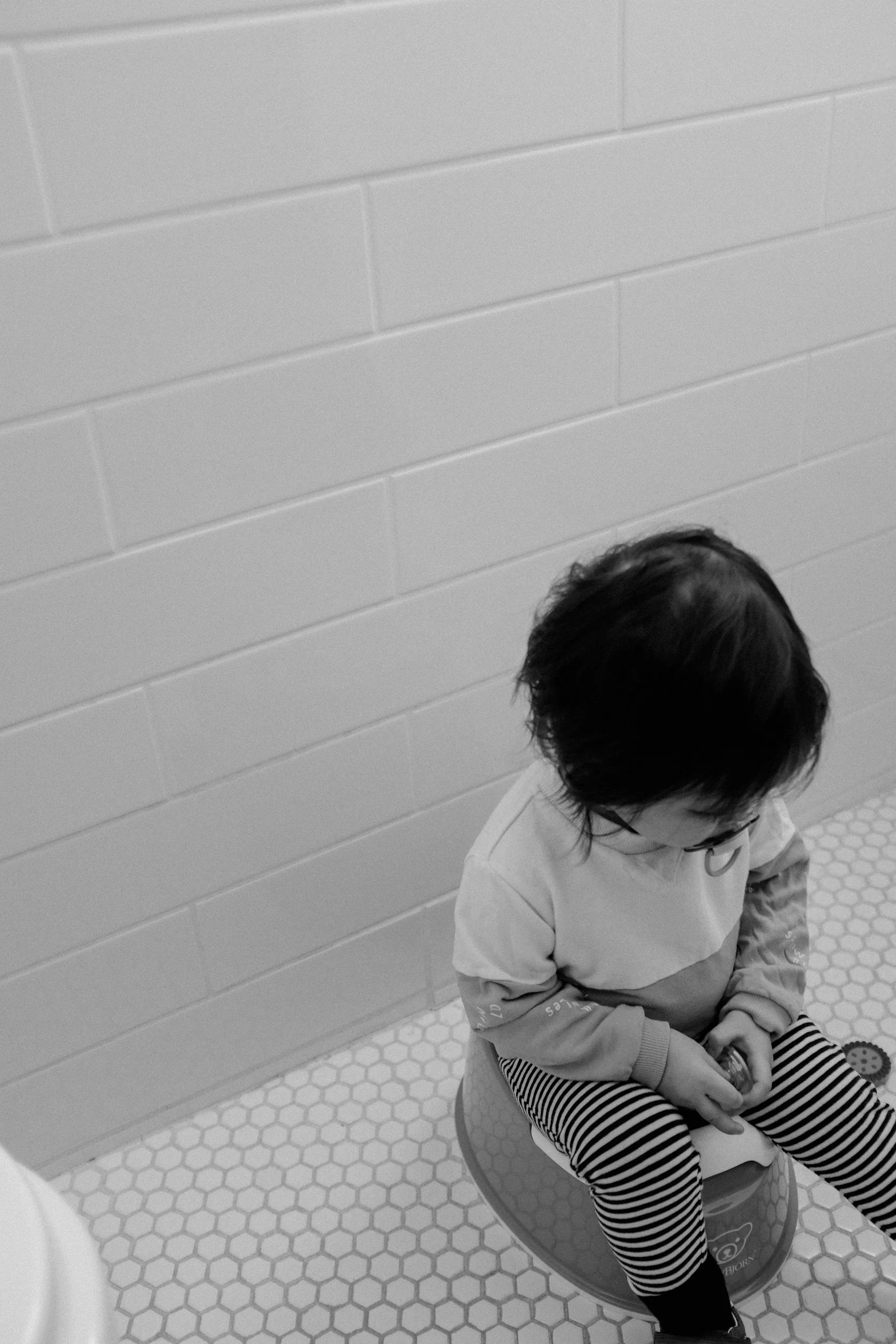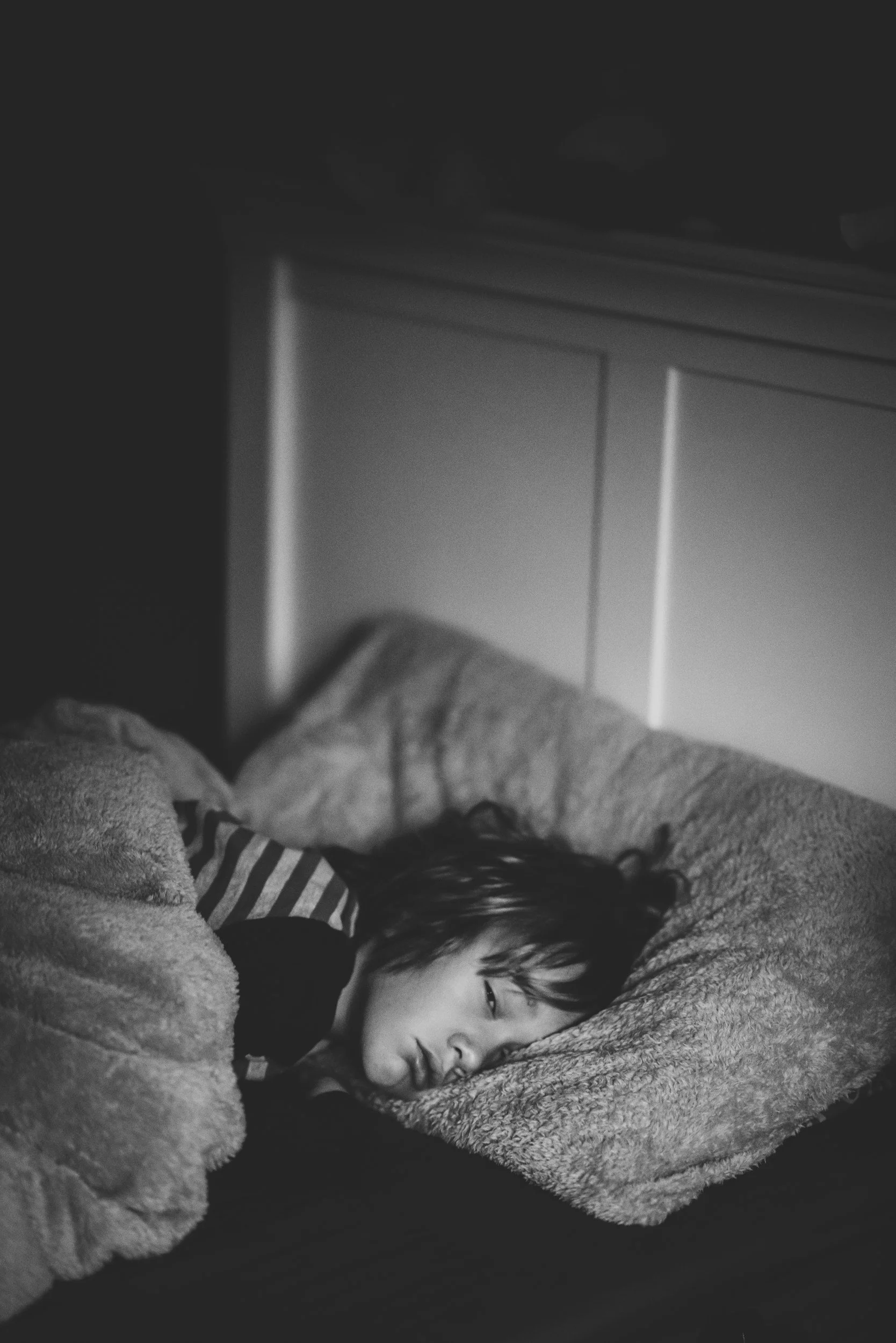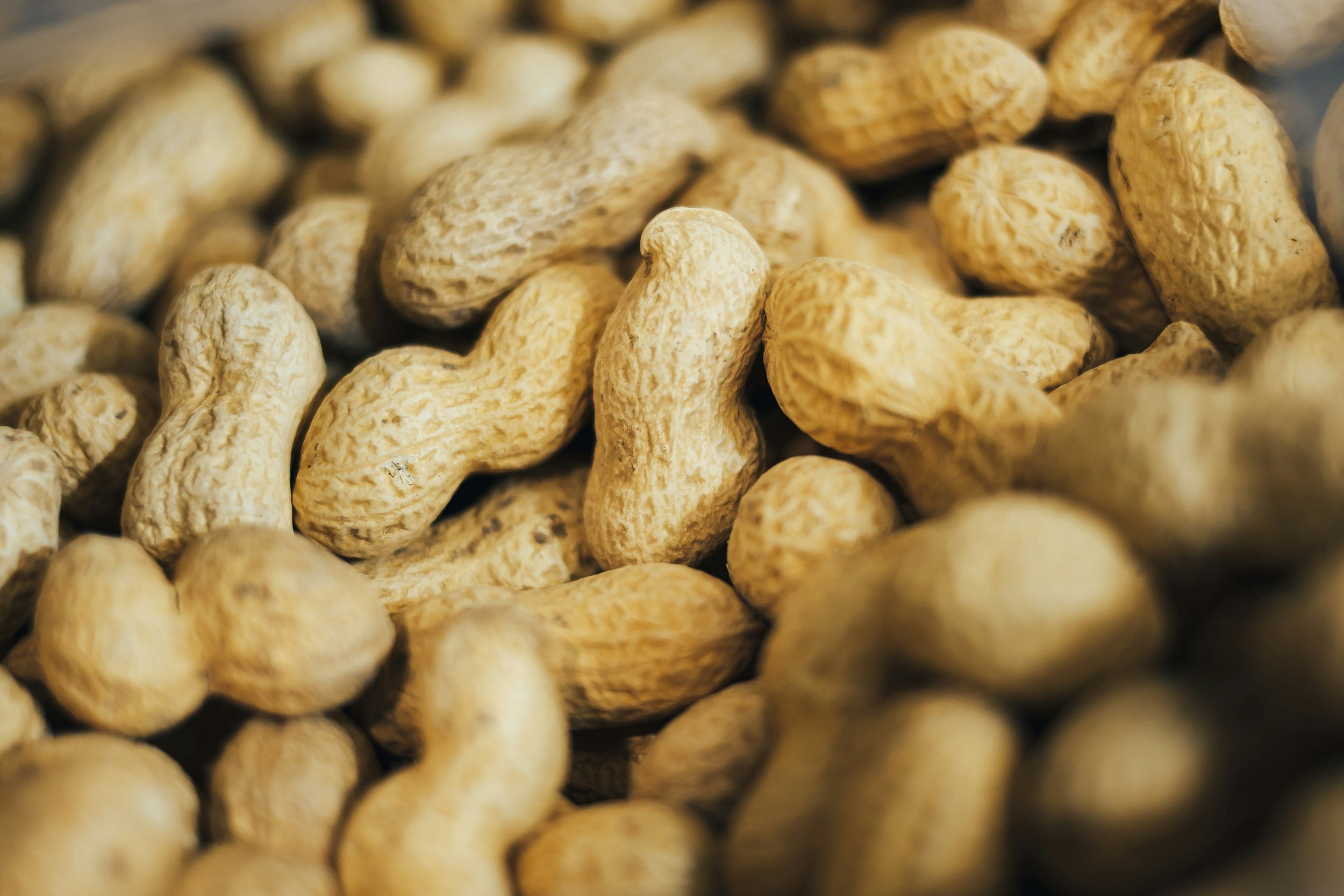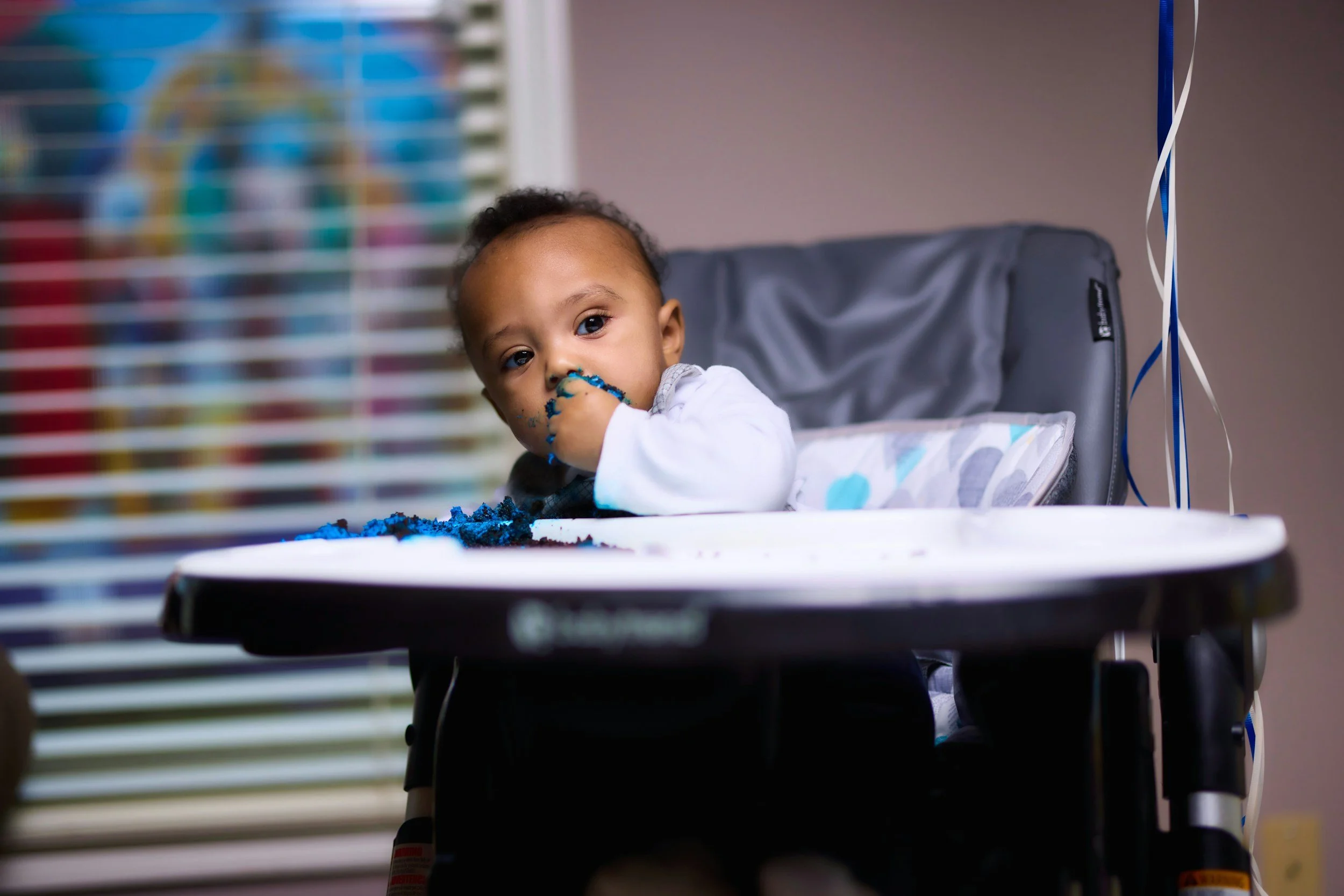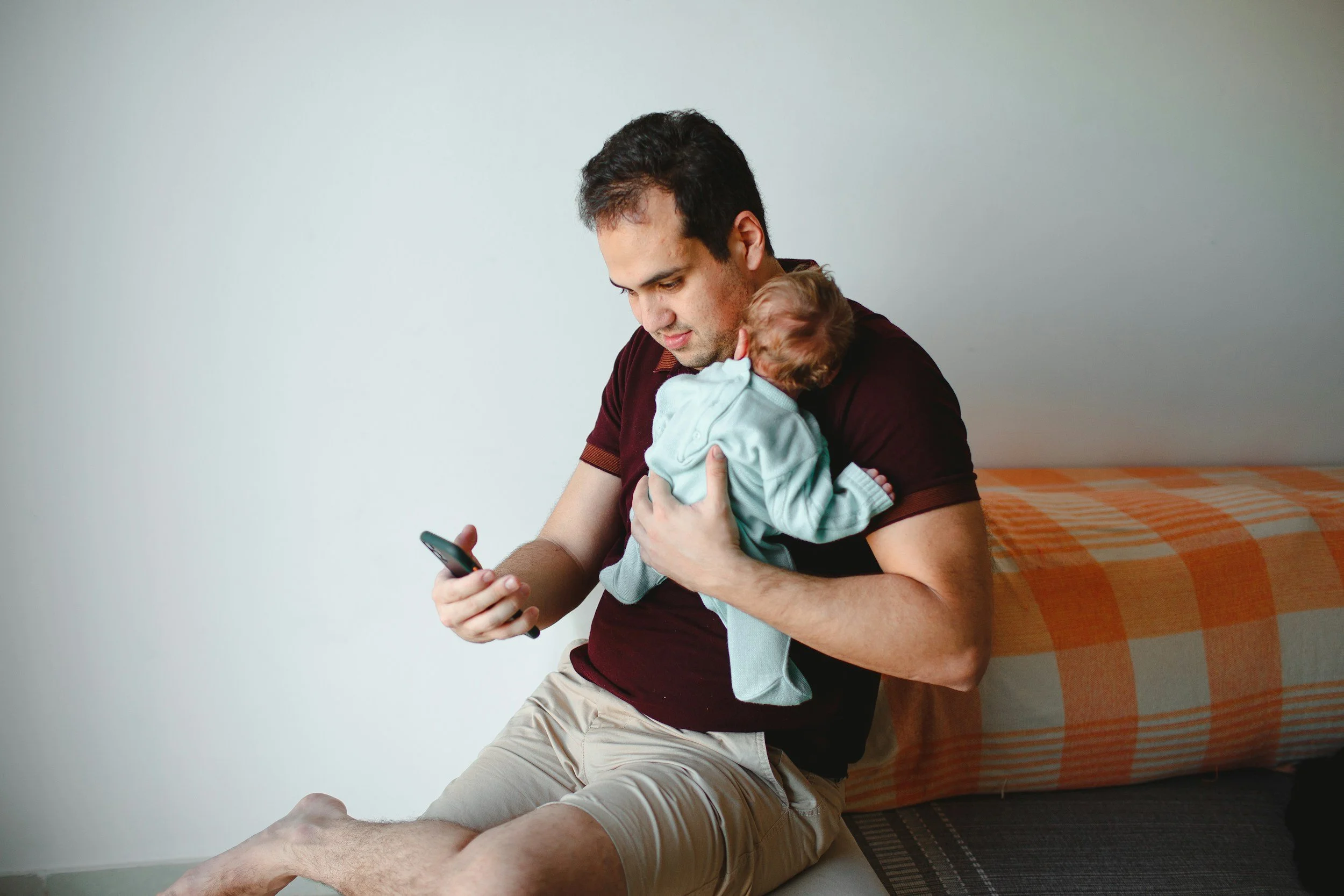
Blog & Resources
Potty Training, Sleep training, and parenting tips, stories, and more!Why Red Light is the Secret to Better Night Feeds and Sleep
Did you know the color of your nightlight can affect your baby’s sleep? Learn why red light supports melatonin and helps everyone get back to sleep faster.
Why Kids Should Help in the Kitchen: Surprising Benefits That Go Beyond Cooking
My love of cooking started with my grandma, from washing mussels to baking cakes and waiting for my grandad’s approval. Here’s why letting kids help in the kitchen is one of the best gifts you can give them (and yourself)
How To Get on Top of Snacking Culture
Are snacks running your household? If your child seems to live on Goldfish and granola bars, you’re not alone. Here’s how to take back control from the endless snack cycle with humour, empathy, and a few simple strategies that actually work
Is Hiding Veggies in Your Kids Dinner a Good Idea?
Is hiding vegetables in your kids’ food a genius parenting hack or a missed teaching moment? This post breaks down what research says about the “sneaky veggie” trend and how to strike the right balance between nutrition and building healthy eating habits.
How Long Should You Let Your Child Sit on the Potty? (And What Happens If They Sit Too Long)
Wondering how long your toddler should sit on the potty? You’re not alone. Here’s how to find the sweet spot between giving them enough time to relax and accidentally turning potty time into a marathon session that backfires
Best Books For Potty Training
Potty training doesn’t have to feel overwhelming, sometimes the right book can make all the difference. In this post, I’m sharing my three favourite potty-training books that I’ve recommended to families for years, why they work, and how they support toddlers (and parents!) through this milestone. Plus, how to take things one step further with a proven potty-training programme designed for real life.
When Is Bedwetting Considered a Problem?
Bedwetting is common in children under 7, but when does it signal a deeper issue? Learn when bedwetting becomes a medical or emotional concern, and what you can do to help your child build confidence and dry nights.
You Should Introduce Allergens Early
Introducing allergens can feel intimidating, but early exposure is one of the best ways to reduce allergy risk later on. These three practical tips will help parents introduce allergens safely, confidently, and without panic
Foods That Boost Your Babies Pincer Grip
Did you know your baby’s snack time doubles as fine motor skill training? From chasing runaway peas to squishing blueberries, the foods your little one eats can actually help boost their pincer grip and give you a good laugh along the way.
The 5 Sleep Foundations Most Parents Are Never Taught
Most parents struggle with baby sleep because they were never taught the foundational principles. Learn the 5 key foundations that make sleep easier without the stress, confusion, or endless apps.
My Number One Parenting Tip Is to Have a Sense of Humour
Parenting is messy, loud, and unpredictable, but if there’s one thing I’ve learned in 20 years of helping families, it’s this: a sense of humour is your secret weapon. From lotion-covered toddlers to epic sock standoffs, laughing through the chaos not only keeps your sanity intact but also teaches your child resilience, emotional flexibility, and the joy of everyday life. Sometimes, if your child is safe, it’s just not worth getting caught up in the drama. So why not turn it into a story you’ll laugh about for years?
Why Avoiding Tantrums Actually Creates More Tantrums (And Other Ironies)
When parents try to avoid tantrums, they often end up with more of them! Toddlers crave control but don’t yet know what’s best for them and giving in only fuels power struggles. Learn why consistent, united parenting is the key to calmer days, fewer meltdowns, and happier families.
Brain Development in a Two-Year-Old. It’s Not the Terrible Twos, It’s the Incredible Twos
Your two-year-old’s brain is growing faster than at any other time. Making over a million new connections every second! Those “terrible twos” behaviours aren’t defiance; they’re signs of incredible brain development. Learn what’s really happening inside your toddler’s mind and how to support their growth with empathy, structure, and calm
Why Your Baby Fights Naps
Is your baby constantly fighting naps? Learn why short dozes, car rides, and feeding-to-sleep habits can disrupt rest, plus 3 practical tips to help your little one nap longer and more peacefully
When Words Ruin Sleep: How Language Development Turns Bedtime into a Comedy Show
If your toddler is up singing or chatting instead of sleeping, you’re not alone! Here’s how language development can mess with bedtime and what to do about it.
Why Should I Wake My Baby by 7:00 AM
Waking your baby by 7 AM can transform their sleep, mood, and daily routine. Learn why early morning light, consistent wake times, and predictable schedules help your little one sleep better at night and how gentle shifts can make mornings easier for the whole family.
Purees Are Fine but Beware of Creating a Lazy Eater
It’s perfectly fine to start your baby on purees! Learn how to transition textures, why seeing real food matters, and how to avoid “lazy eaters” created by pouches
The Definition of Picky Eating in Toddlerhood
Your once-adventurous baby now refuses anything that isn’t beige? Welcome to toddlerhood! Here’s why picky eating is normal, and how to keep your sanity (and humor) intact.
Why Self Feeding is Important for Development
Self-feeding is more than a milestone, it’s a foundation for lifelong healthy eating and independence. Here’s what the research says about letting your baby take the lead at mealtime.
Toddler Saves Poop for Naptime or Bedtime
It’s surprisingly common for children to poop in their overnight diaper or during naps when potty training. Here’s why it happens, three tips for parents, and whether you should actually be concerned.



